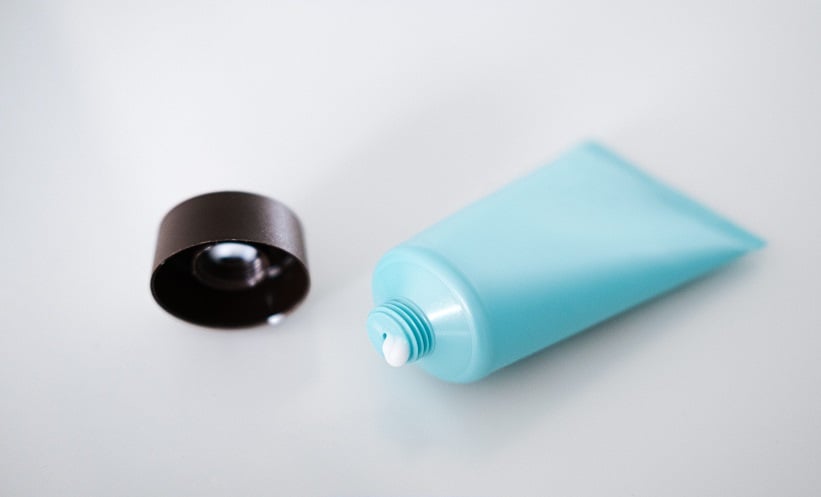APPLICATION feel, non-staining quality, and quick absorption have been identified as the most important topical treatment factors by patients with psoriasis. While topical formulas are the primary treatment option for psoriasis, with numerous options available, over 50% of patients are not satisfied with their treatment and do not continue to fill their prescriptions. A novel study identified certain characteristics that impact patient adherence and willingness to use medications.
Alyssa Curcio, Center for Dermatology Research, part of the Department of Dermatology at Forest School of Medicine, Winston-Salem, North Carolina, USA, and colleagues, conducted a descriptive analysis of results of a National Psoriasis Foundation survey. Conducted in March 2022, it assessed signs and symptoms considered bothersome, psoriasis severity, currently used treatment modalities, frequency of topical therapy use, and vehicle preferences.
Data showed that 5.4% of patients reported mild psoriasis, 83.9% moderate, 10.2% severe, and 0.5% very severe. The most bothersome symptoms identified by patients included scaly appearance, itch, bleeding/oozing, and flaking. In total, 76.0% of patients used a topical treatment at least once a week, with 8.0% using topicals alone and 72.5% also using oral medication such as biologics, methotrexate, and cyclosporine. The preferred topical treatment was water-based creams, followed by oil-based foam, with significantly lower preference for options such as gels, lotions, solutions, ointments, non-oil-based foams, and sprays. Furthermore, 46.7% of participants identified quick absorption as the most important formulation attribute, 49.9% non-staining quality, and 55.2% application feel. Participants also identified application ease, non-greasy feel, no stinging or burning, once-daily application, non-sticky texture, absence of unpleasant smell, rapid efficacy, and lack of adverse skin reactions.
The results also showed that 74.7% of patients would only use a medication for 1 week before stopping if they did not like the formulation, and more than 40.0% of patients would seek help from a different dermatologist in case of a reaction.
The authors concluded that characteristics of formulations strongly contribute to willingness to adhere to treatment, and that “considering patient preferences and acceptability is important in treatment planning and will likely improve adherence and outcomes.”







